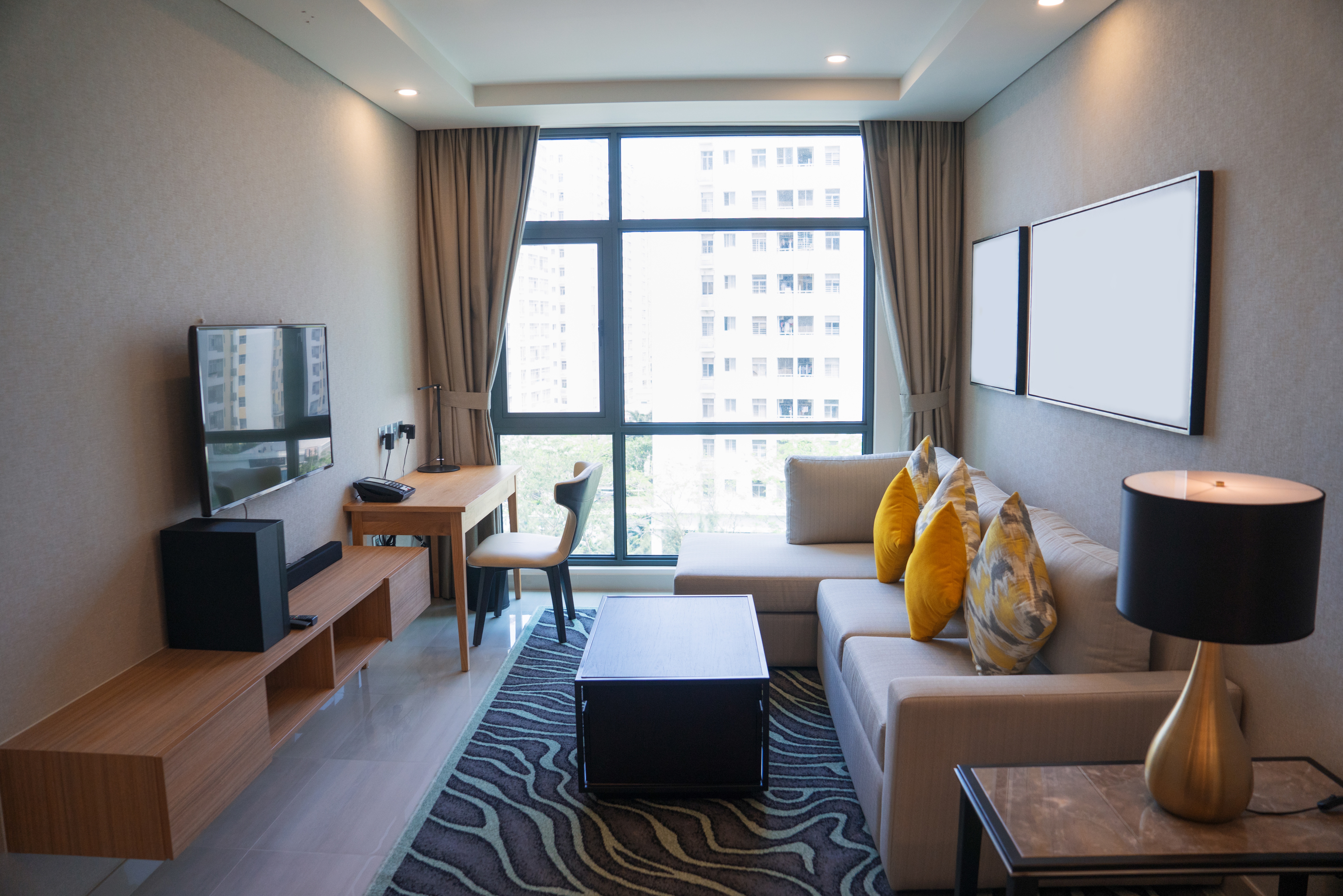When you hear the words “temporary housing”, they can bring up different ideas and images based upon where you live and travel. There are some distinctions between US temporary housing and international temporary housing that business travelers should be aware of. To help you navigate your options, here are a few facts that can better your understanding of domestic housing options.
Temporary Housing: What is it?
Also referred to as Corporate Housing, this type of temporary housing is defined as an alternative form of accommodations for short-term rentals of at least 30 days. There is a lot of variation when it comes to temporary housing in North America. For example, some of these apartments provide 24-hour concierge desk, but others do not. Temporary housing can be found in cities and are typically one and two bedroom options with separate living areas and full-size kitchens. Sometimes a studio apartment can be found in larger cities, around the central business districts.
Housekeeping services, as well as other amenities, are available. Housekeeping can be performed on a weekly, monthly or bi monthly basis, depending on client requests.
Rental Terms and Securing the Accommodations:
Lease agreements are processed in advance and a background check may be required. Rental agreements cannot be signed on-site or on the day of arrival and are binding contracts. Advanced notice of departure is required. Typically speaking, security deposits are not required.
Key Points Business Travelers should be aware of: Time is of the essence with US rentals.
- A personal credit card for incidentals is collected at the time of lease signing. Proof of citizenship and additional personal information may be required in advance.
- Pet fees and pet rents do apply. Acceptance of pets may be limited by apartment community policy. Breed and size restrictions may apply. Exotic animals are not usually authorized.
- The majority of US apartment communities require criminal background checks to be performed on all guests, in accordance with US Fair Housing Laws.
- Apartments cannot be secured or guaranteed without the execution of all legal Lease documents. All Lease documents must be returned in advance of arrival. Lease Agreements are legally binding for all terms including departure dates. Guests without work visas or firm travel dates should not sign binding Lease Agreements until their plans are firm. Guests are required to notify the corporate housing company if they need an extension or need to vacate early.
- Arrival and check-in arrangements must be made in advance, typically by your corporate housing partner. The apartment community on-site staff is not customarily available 24 hours a day for anything other than maintenance emergencies. Availability or reservation information cannot be obtained by on-site staff. All arrangements and communications relative to the guests’ stay must come through the corporate housing provider. This will be the case following check-in as well.
Hopefully, this list of key considerations assists in your understanding in US temporary housing. Much like temporary and corporate housing options internationally, Corporate Housing or Temporary Housing are great options for long-term or extended business travel.
Have international travel coming up soon? Read our blog regarding international temporary housing.


